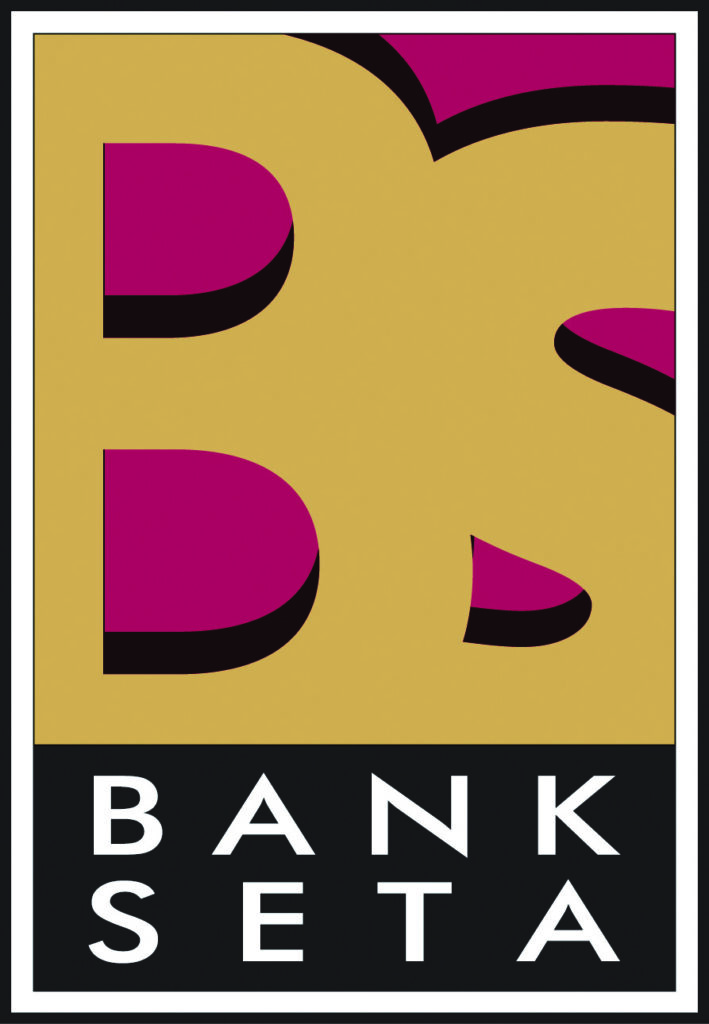Does fintech, peer to peer lending, APIs, legacy systems, regulation, sophisticated customers, neo banks, data analytics, cyber, and everything being digital keep you awake at night?
Do you find yourself asking the question, am I still relevant in this banking revolution? If you answered ‘yes’ to any of those aspects, then it’s about time you jumped aboard the Virtual Leadership Development Programme (VLDP) train to help protect the future of banking…
In a bid to create a stronger leadership base within the banking sector, BANKSETA has launched the Virtual Leadership Development Programme (VLDP), in collaboration with the Wits Business School (WBS).
The VLDP is a National Qualifications Framework (NQF) Level 9-aligned programme that aims to upskill and support mid to senior managers in their leadership development.
The VLDP is designed to focus on leadership development in the following ways:
- Digital leadership and transformation
- Future ways of working and leadership efficiency
- Technical bank content
- Ethical leadership in an African and global context
- Principles around corporate governance in the banking sector
- Technical consumer trends
The VLDP will be delivered and facilitated through input from seasoned experts and professionals, while guest lecturers and industry experts will help to expand upon the curriculum with real-world examples and lessons. The programme will expose participants to cutting-edge leadership competencies to enable informed, successful, and agile leadership in the banking industry in South Africa, the rest of the continent, and globally. Participants will learn how to articulate concepts of strategic management, how to manage people and resources effectively, and how to interpret economic frameworks and global trends. On how the programme came about, BANKSETA’s Skills Development Specialist, Sifiso Mnguni, explains that the need for this virtual programme was born from necessity.
“BANKSETA previously implemented the International Executive Development Programmes: General Banking and Investment Banking. With the pandemic, everything changed, including travel, and no one knew what the outcome of the pandemic would mean for business and banking in general. To not lose the leadership component, the model was changed to become the Virtual Leadership Development Programme, which still consists of the South African, African, and international components,” Mnguni, whose role at BANKSETA involves the management of all deliverables relating to mandatory grants, workplace skills plans, annual training reports, and sector leadership development projects, says. “While the focus is now on it being implemented virtually, we are still aiming to bring the best of the best lecturers onboard to deliver this programme on BANKSETA’s behalf. The programme still consists of cohort groups/syndicate groups that engage with one another to share the learnings, experiences, and research from their respective Action Learning Projects.”
As we all know, the banking world is an incredibly busy sector. This is why the VLDP has been designed so as not to disrupt what needs to happen on a day-to-day basis for those taking part in the programme. Mnguni says that, as a result, several study blocks over a period of 10 months, each consisting of four half-day sessions, have been earmarked. This will offer participants the opportunity to plan accordingly, allowing them the best chance at making the most of this opportunity.
Why you and your organisation should get involved
Some of the main aims of the programme are to address employer leadership challenges, solidify corporate governance, and enhance participants’ general leadership capabilities within the banking sector.Mnguni says that these key facets to leadership and banking in general need to be addressed to create a stronger sector.
“Leadership development is one of the most pressing issues facing organisations today, especially ethical leadership and agility. If the business commits to develop its leaders, you can expect a significant competitive advantage by improving your profit, as well as attracting, developing, and retaining talent. Self-awareness as a leader is also very important in this sector,” Mnguni avers.
All participants will be given the opportunity to enhance their knowledge base, skills, and experience with regards to the banking sector and develop critical thinking skills that will improve strategic thinking, capabilities, and practical implementation.
This will result in improved self-confidence, a strong grounding in communication and problem solving, and, consequently, enhance leadership capabilities.
But how exactly will the organisations who send their leaders on the programme benefit?
Mnguni, who holds a Post Graduate Diploma in Human Resources Management and Personnel Administration from the University of South Africa (UNISA), explains: “Your organisation will benefit by having confident leaders who understand strategic leadership and the functional responsibilities of senior management. The programme will challenge the participants to establish ways of critical thinking and operating, enhancing the ability of leaders to lead African banks in the future global market.
“This programme will build their leadership skills towards executive management, therefore enhancing their future careers to the benefit of the organisation. The core focus of this programme is exposure to new and cutting-edge banking practices and best practice, and developing the skills required to lead divisions and companies.”
Developing the skills of the sector
A major fillip for BANKSETA in their quest to upskill as many people as possible comes in the shape of the virtual aspect of the programme. While their previous International Executive Development Programmes and African Expansion Programmes were hugely successful, they were limited to 40 participants at a time. With the VLDP, more participants are able to take part, meaning more people are able to benefit.
In terms of the skills that BANKSETA are looking to develop through the programme, they have earmarked the following as vital to the banking sector:
- Innovation and creativity
- Agility
- Entrepreneurship
- Ability to use data to make informed decisions
- Risk Management
- Critical Thinking
- Design Thinking
- Personal Transformation
- Corporate Governance
In addition and apart from personal and team effectiveness, and core business leadership skills, the programme allows for participants to:
- Gain insights from thought and industry leaders on the theoretical foundations as well as strategic and operational challenges and trends in the local as well as international banking sector.
- Be exposed to various legislative models, best practice principles, and the regulatory environment of the banking sector.Enhance a consolidated and clearer perspective of digitisation and disruptive technologies in the banking sector and beyond.Be exposed to various vocabulary, conce
- pts, definitions, and tools relating to critical thinking, design thinking, and systems thinking.
- Benefit from a high engagement learning experience through case studies and online immersions to create an African and international network.
- Develop an understanding of the key drivers of innovation and customer service, and how this should be embedded in their organisations.
- Benefit from growing a local and international network with other sector stakeholders and creating a dialogue with policy makers and regulators in South Africa and the rest of the African continent.
- Motivate the role of ethical leadership in addressing new challenges in the business context to lead their organisations to greatness.
- Evaluate their organisations’ strategies in responding to the challenges of a market-driven global economy and recommend strategies for improvement.
In closing, Mnguni says that the importance of the programme on the future of the banking sector should not be underestimated, so he is calling on those leaders looking to rise to get involved and create a stronger sector for now and the future.
“If you are a middle or senior manager with banking experience and an undergraduate degree, with a passion to shape this exciting and changing landscape of banking, then this is the programme for you,” Mnguni concludes.



